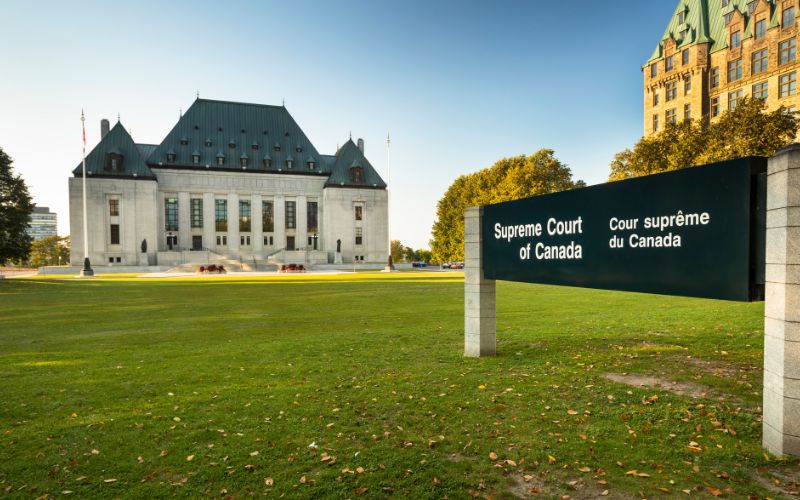
- Details
- By Kaili Berg
The Supreme Court of Canada ruled today that the federal government's Indigenous child welfare act is constitutional, affirming that First Nations, Metis and Inuit have sole authority over the protection of their children.
The case stems from when the Quebec government opposed the law on jurisdictional grounds, arguing that Ottawa overstepped its legislative authority, infringed provincial jurisdiction, and effectively recognized Indigneous peoples as a third order of government.
Bill C-92, An Act Respecting First Nations, Métis and Inuit Children Youth and Families, became law in 2019. Bill C-92 is legislation that acknowledges Indigenous communities have the right to create their own child and family policies and laws.
Bill C-92 creates national standards for how Indigenous children are to be treated. For example, the law says foster care authorities are to prioritize placing children with extended family and home communities over non-Indigenous placements and also allows communities to create their own child welfare laws. Under C-92, five Indigenous governing bodies have asserted their control over their child and family services.
In December 2022, The Native Women’s Association’s (NWAC) lawyers told judges of the country’s top court that every discussion involving Indigenous self-governance rights must ensure that Indigenous women, girls, Two-Spirit, transgender and gender-diverse people can equally access those rights, despite longstanding and systemic discrimination.
NWAC said in a press release that the decision to uphold the law will help reduce unconscionable numbers of Indigenous children who are uprooted from their communities and placed in provincial child-welfare programs, away from their communities and culture.
In Canada, First Nations, Inuit and Métis children account for 53.8 percent of all children in the child welfare system, according to the 2021 census.
“This ruling confirms that Canada’s legal system has room for Indigenous laws, without compromising anyone’s rights,” said NWAC President Carol McBride in a press release. “When Indigenous women and gender-diverse folks can participate equally in their communities’ child and family service systems, those communities are stronger and safer.”
More Stories Like This
NCAI Passes Two Emergency Resolutions on Immigration Enforcement ActivitiesChickasaw Lighthorse Police Officer named Indian Country Law Enforcement Officer of the Year
Indian Gaming Association Rallies Broad Coalition Against Sports Event Contracts It Calls Illegal Threat to Tribal Sovereignty
Navajo Resources and Development Committee Issues Notice on Livestock Inspection Requirements
American Prairie, Tribal Coalition Files Protest Over Rescinded Grazing Rights
Help us defend tribal sovereignty.
At Native News Online, our mission is rooted in telling the stories that strengthen sovereignty and uplift Indigenous voices — not just at year’s end, but every single day.
Because of your generosity last year, we were able to keep our reporters on the ground in tribal communities, at national gatherings and in the halls of Congress — covering the issues that matter most to Indian Country: sovereignty, culture, education, health and economic opportunity.
That support sustained us through a tough year in 2025. Now, as we look to the year ahead, we need your help right now to ensure warrior journalism remains strong — reporting that defends tribal sovereignty, amplifies Native truth, and holds power accountable.
 The stakes couldn't be higher. Your support keeps Native voices heard, Native stories told and Native sovereignty defended.
The stakes couldn't be higher. Your support keeps Native voices heard, Native stories told and Native sovereignty defended.
Stand with Warrior Journalism today.
Levi Rickert (Potawatomi), Editor & Publisher


